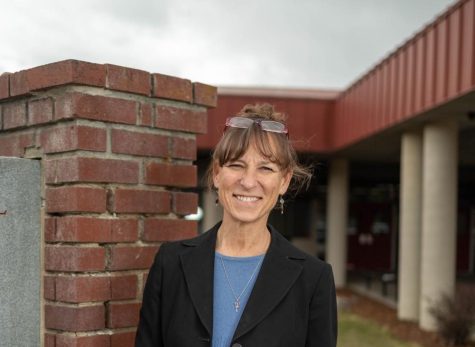DIGITAL LEARNING DEBATE
Online classes present some challenges and benefits for students who choose to take them to satisfy graduation requirements.

At Sandpoint High School, some students opt to take classes online, which allows them the freedom to learn on their own time (even from the comfort of home or on-the-go).
Many students at SHS opt to take a combination of online and in-class courses to complete graduation requirements. In some cases, these students believe that the online classes are easier and can therefore be done faster.
“They [online classes] are easier because you can do them on your own time,” Gavin Klein, a senior at SHS who has taken the majority of his core classes through online programs, said.
When Leura Holt, an overseer of online classes at SHS, was asked the same question she responded by saying how since there is no post-class “homework” aspect that the classes are easier in that regard. Holt also went on to say how it also depends on the online program and reason for taking the class can affect the difficulty level, saying that, “if a student is taking a PLATO class then he/she has probably already been exposed to the material and is just trying to make up the credit” and, in that case, the class is easier as well.
However, many feel that not as much is learned through an online class and that very little information is actually retained.
Klein says that with some courses, much more is learned online, but with others very little is learned. Holt elaborates by saying an IDLA class is probably “new material and is more like a classroom setting.” However she also says how in an online class, a student can’t ask “why” and is unable to engage in discussion and therefore won’t retain as much of the presented material.
All in all, it seems that the way a student learns and works is really what decides if he or she will do better in an online class or in the classroom.

Nathan Faggard is a senior and is on Multimedia Staff for the Cedar Post. This is his first year on staff.

Sarah Wells is a senior and is News Editor (first semester) and Photo Editor (year-long) for the Cedar Post. This is her second year on staff.





